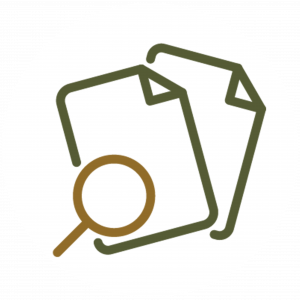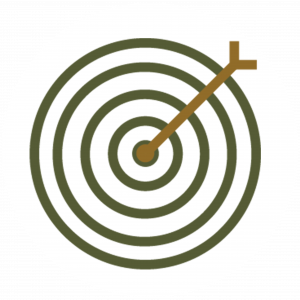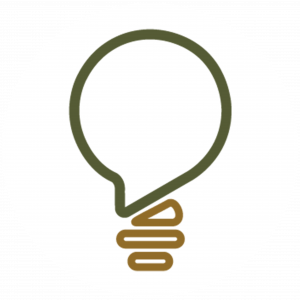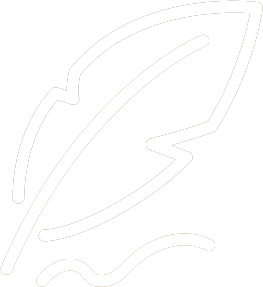Week 14: Purposeful Classrooms Assessments
LOC 14: Examine and develop a variety of ways in which an adult student learns in order to translate assessments
Learning Objectives
By the end of this week, participants will be able to:
- 14.1 – Evaluate a variety of classroom assessments
- 14.2 – Select and decide which classroom assessments are purposeful for their practice
- 14.3 – Clarify and justify questions that they can ask their students and questions their students can ask them
Materials Needed This Week
Here is a list of materials you will need while completing this week:
- Writing utensils
- Highlighters
- Ruler
- Sticky Notes
- Dictionary/Glossary booklet
- Handwritten Wisdom Journal

- Blank paper
- Computer/laptop
Key Terms
Add these key terms to your personal dictionary/glossary booklet. These important key terms will be used throughout module 3, week 14. If there is no link attached to the definition, be assured that the term will be defined throughout the week. We encourage you to further investigate the definitions in order to expand your knowledge.
- Background knowledge probe
- Classroom Assessment Techniques (CATs)
- One minute paper
- The muddiest point
- One sentence summary
- Directed paraphrasing
- Application cards
 Questions to Consider
Questions to Consider
1. What are some of your CATs?
2. What are some of your “learning probes” for your adult learners?
3. Will you consider using different classroom techniques in your practice?

“Ideal teachers are those who use themselves as bridges over which they invite their students to cross, then having facilitated their crossing, joyfully collapse, encouraging them to create bridges of their own.” — Nikos Kazantzakis
 Review
Review
Consult the following resources and interpret the necessary information with your preferred method of note-taking.
Video: What are CATs? (Classroom Assessment Techniques) (2:04)
Click here for a video transcript in .docx format: Video Transcript
The term “learning probe” refers to a variety of ways that teachers can ask for brief student responses to lesson content to determine their understanding of what is being taught.
Click the following link to download the PDF to consult the monograph about monitoring student learning progress.
Monitoring Student Learning in the Classroom. School Improvement Research Series Close-Up #4. (PDF)
Review 5 classroom assessment techniques:
Click the following link to download the PDF to read more on what CATs are and their teaching elements.
 Identify
Identify
Consult the following resources below to locate the important information on this week’s topic.
8 Questioning Techniques to Get Students to Analyze (article)
Best Practices for Subjective Test Questions (article)
Elicit Reasoned Student Responses (article)
 Develop
Develop
Questioning in the Classroom: How to improve your skills (article)
 Apply
Apply
Task
Consult the following article that provides 50 Classroom Assessment Techniques (CATs). After reviewing, pick out 3 techniques that you will aim to try in your own teaching practice.
Center for the Enhancement of Learning and Teaching: 50 Classroom Assessment Techniques (CATs) (article)
 Take Away Toolbox
Take Away Toolbox
 Reflect
Reflect
 Handwritten Wisdom Journal
Handwritten Wisdom Journal
A Wisdom Writing Journal is a way to notarize your learning journey throughout the weeks during all the modules in this course. It will also permit you to demonstrate that no technology is required to focus on reflective practice. There is a variety of writing journal tools that you can choose from that require technology, however, throughout this course, it is important that you experience and model a no-technology required method in order to relate to those students that have limited or no access to technology.
Take advantage of jotting down your thoughts, frustrations, joys, aha moments, and new information acquired as the result of your hard work. Critical reflection time required at the end of each week will be a culminating result of YOUR own personal Learning Narrative.
Using your own personal writing journal, write an entry for this week’s prompts:
- Do you always use the same CATs in your practice?
- Will you consider using some new techniques? Why or why not?
- Does receiving answers help you to analyze where your adult students are coming from or what they know?
- Based on the information that you have learned this week, how would you review, identify, develop, apply, and reflect?
Note: Be sure to justify each of your answers or comments.
Optional Resources
These resources are not required to be viewed; however, they give further information on this week’s topics:
- SKWclassroom: Classroom Assessment Techniques (article)
- Using CATs in Online Courses (module)

